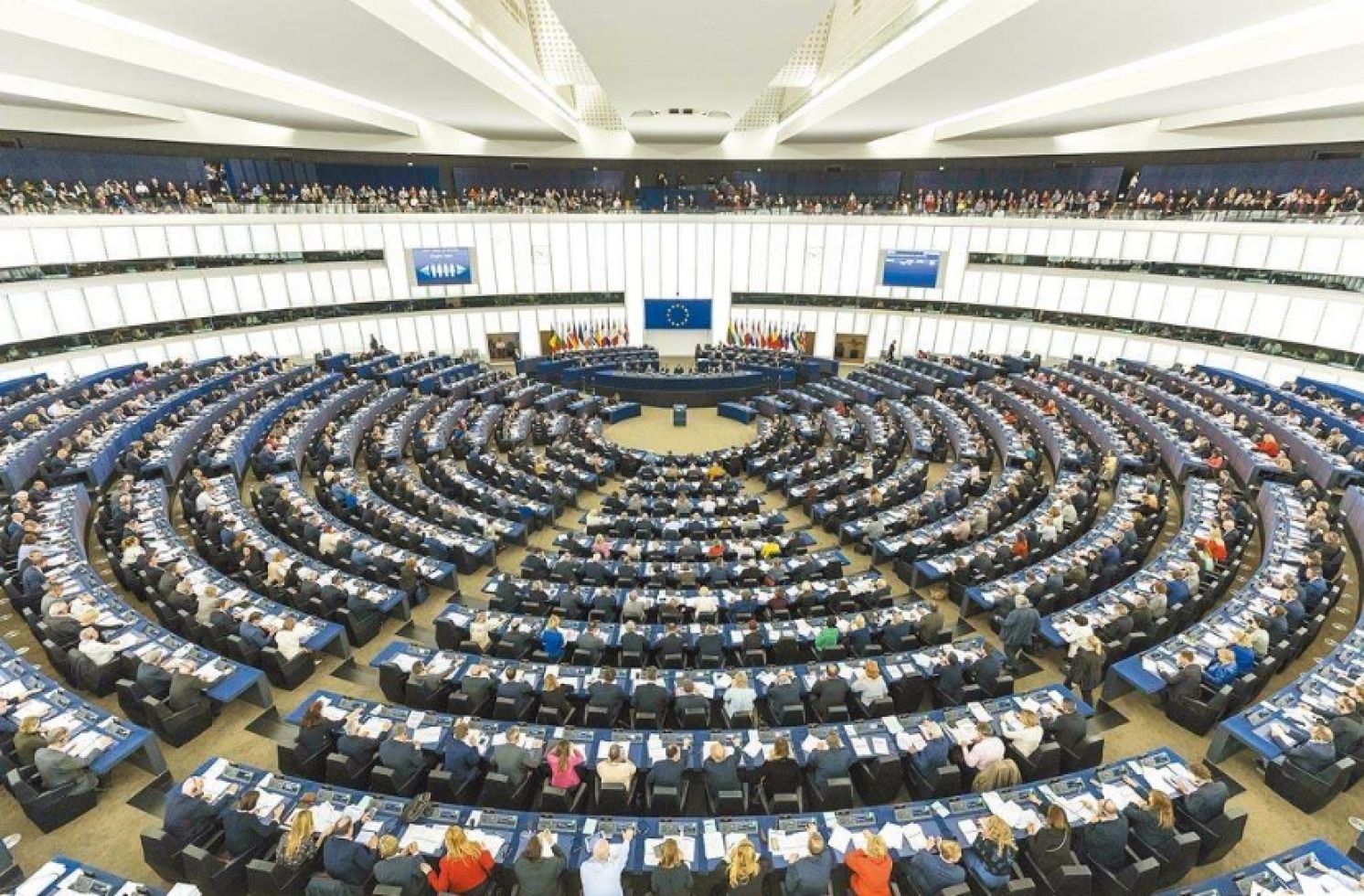
This Week in Taiwan 0911-0917
September 12: Taiwan stocks were sluggish, and trading volume fell sharply. The Ministry of Finance announced that revenues from securities tax levied in August fell sharply to NT$14.1 billion (about US$450 million), an annual decrease of 42.3 percent, and each month from January to August experienced negative growth. The accumulated tax revenue in the first eight months was NT$123.5 billion (about US$3.9 billion), a sharp decrease of NT$71.7 billion (about US$2.3 billion) from last year, an annual decrease of 36.7 percent and the largest decrease since the Internet bubble of 2002.
September 13: Executive Director Yen Po-wen of the Tzu Chi Foundation revealed insider secret about procuring BioNTech vaccines, and whether the government acted to block civil groups from procuring vaccines has become a campaign focus among Taipei mayoral candidates. Kuomintang (KMT) candidate Chiang Wan-an criticized the government for blocking vaccines, favoring the local vaccine manufacturer Medigen, and disregarding human life. Independent candidate Huang Shan-shan also indicated that the government not importing vaccines was fatal and unforgivable, let alone its making money. Democratic Progressive Party (DPP) candidate Chen Shih-chung denied that he blocked vaccine purchases when he served as minister of health and welfare.
September 14: Taiwan is counting down to the local elections on November 26. The Taiwan World Press Association released a survey on the approval ratings of local government heads across 22 cities and counties. In the six special municipalities, Mayor Hou You-yi of New Taipei and Huang Wei-che of Tainan came out on top. Mayor Lu Shiow-yen of Taichung received nine category gold awards, making her the champion mayor in terms of governance. Mayor Ko Wen-je of Taipei came out at the bottom.
September 15: More than half a year has elapsed since the major blackout on March 3 this year. The Taiwan Power Company announced a construction project to strengthen power grid resilience, with an expected spending of NT$564.5 billion (about US$18 billion). This is the highest amount for a single project in Taipower's history. Scholars believe that Taipower's announcement of the power grid improvement plan at this time may be an excuse for another big power outage in October.
September 16: On September 15, the European Parliament passed a resolution on the situation in the Taiwan Strait. Its 26 articles include asking the European Union to help strengthen Taiwan's "silicon shield" to ensure the security of the Taiwan Strait, following Lithuania's example in setting up a trade office in Taiwan, and sending parliamentary representatives to visit Taiwan.
The Office of the President expressed its gratitude and looks forward to Taiwan and the EU accelerating the promotion of a bilateral investment agreement to jointly build a more resilient democratic front.
September 17: A tweet from a Thai netizen on social media revealed that Director-General Chen Ming-tong of the National Security Council (NSB) had recently visited Thailand discretely and posted his entry time, customs photo, and receipts from the Peninsula Hotel. Councilwoman Wang Hung-wei of Taipei stated that the NSB has become a bureau of instability. Legislator Chiu Cheng-yuan of the Taiwan People's Party (TPP) also stated that this is obviously a problem with the internal control of the NSB and called upon Chen to explain to the Foreign Affairs and National Defense Committee of the Legislative Yuan as soon as possible after the new legislative session opens.
September 17: According to U.S. media reports, Spokesman John Supple of the Department of Defense (DoD) confirmed that the Pentagon will transfer Taiwan affairs, which originally belonged to the East Asia office to the newly established China Affairs office of the DoD. The move drew criticism from members of Congress and former officials, who questioned that the administration of President Joe Biden would send the wrong signal to Beijing that the U.S. identifies its Taiwan policy as part of its China policy. In response to media inquiry, Deputy Spokesman Tsui Ching-lin of the Ministry of Foreign Affairs declined to comment, indicating that the change is an internal organizational matter of the U.S. government.
September 18: From the evening of September 17 to September 18, two strong shallow earthquakes with a magnitude of 6.4 and 6.8 and an intensity of 6 occurred in the Chishang area of Guanshan and Chishang townships in Taitung. The shaking took place over an extended period, was felt across Taiwan, and involved dozens of aftershocks, causing the collapse of bridges and roads, landslide, and train derailment in the Hualien and Taitung area. A building collapsed in Yuli Township, Hualien, crushing the 7-Eleven convenience store next door.
The badminton center on the fifth floor of the Taoyuan Bade Sports Center, far from the epicenter, had just been renovated and decorated, but the ceiling collapsed during the earthquake, and the people who were playing badminton fled. Mayor Cheng Wen-tsann apologized.